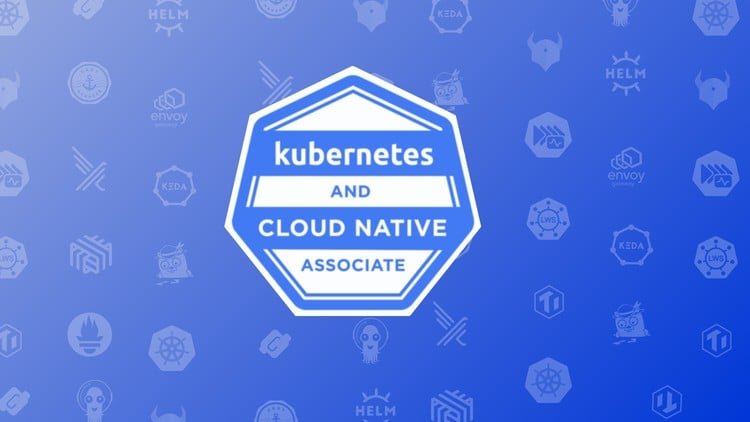Dive into the world of Kubernetes and Cloud Native technologies with the "Kubernetes and Cloud Native Associate Practice Exams (KCNA)" course on Udemy. This course is tailored to help learners get comfortable with core concepts and ensure they are well-prepared for the KCNA certification. Through targeted practice exams, it facilitates a smooth learning journey, making it easier to grasp the intricacies of Kubernetes and its ecosystem.
What you’ll learn
In this course, you’ll gain essential skills and knowledge focused on the following key areas:
- Kubernetes Basics: Understand the fundamental architecture of Kubernetes, including nodes, pods, and clusters.
- Core Concepts: Learn about controllers, deployments, and services, enabling you to manage and scale your applications effectively.
- Networking and Storage: Get insights into Kubernetes networking models and persistent storage solutions, which are crucial for any cloud-native application.
- Security and Compliance: Know the best practices for securing your Kubernetes environment and managing access control.
- Cloud Native Principles: Discover the core tenets of cloud-native application development and how they integrate with Kubernetes for optimal deployment and management.
This comprehensive content equips you not only with knowledge but also with the confidence to tackle real-world Kubernetes challenges.
Requirements and course approach
The course is designed to be beginner-friendly, so no prior knowledge of Kubernetes is required. However, familiarity with containerization concepts can be beneficial. It is particularly helpful if you have some experience with the command line or cloud platforms.
The approach taken in this course focuses heavily on practice exams. Here’s what to expect:
- Exam Format: The practice exams mimic the actual KCNA exam structure, helping you to familiarize yourself with the types of questions you will encounter.
- Immediate Feedback: After each exam set, you’ll receive detailed explanations of the correct answers, allowing you to identify areas for improvement.
- Iterative Learning: You can retake the practice exams as often as necessary, reinforcing your understanding and boosting your confidence before the actual certification exam.
Who this course is for
This course is particularly suitable for:
- Aspiring Cloud Engineers: If you aim to start a career in cloud engineering, understanding Kubernetes is crucial.
- Developers and IT Professionals: Individuals looking to expand their skill set into cloud-native technologies will find this course highly beneficial.
- Certification Seekers: Anyone interested in achieving the Kubernetes Cloud Native Associate certification will find this course an indispensable resource for preparation.
Whether you’re a beginner eager to learn or an intermediate learner looking to polish your skills, this course caters to a broad audience.
Outcomes and final thoughts
Completing the "Kubernetes and Cloud Native Associate Practice Exams (KCNA)" course will prepare you for the challenging KCNA certification exam. You will have both theoretical knowledge and practical experiences, ensuring that you can apply what you’ve learned in real-world situations.
With an engaging structure focused on practice, continuous feedback, and community support, this course stands out as an excellent resource for anyone looking to enhance their cloud-native skills. The insights gained here will not only help you pass the certification but also empower you to make significant contributions to cloud-based projects in your career. So, if you’re aspiring to step into the Kubernetes universe, enroll today and take the first step towards mastering cloud-native technologies!






